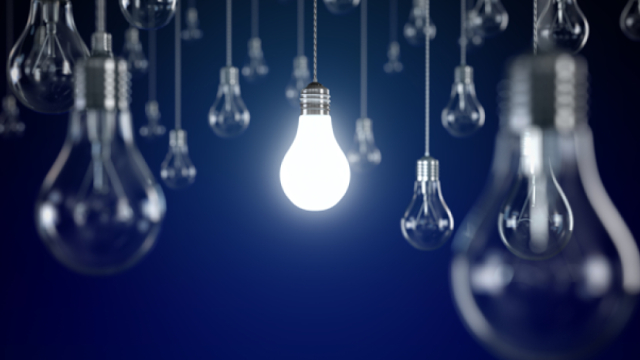Nuclear Energy vs Hydrogen: The Future of Power in Europe
The Debate at Davos
During the World Economic Forum annual meeting in Davos, the executive chairman of Europe’s largest utility Iberdrola made a bold statement. He emphasized the importance of nuclear energy in Europe, stating that it is essential “for keeping the lights on.” On the other hand, he expressed his belief that hydrogen’s momentum has already diminished. This sparked a heated debate among industry experts and policymakers attending the forum.
The Role of Nuclear Energy
Nuclear energy has long been a controversial topic in Europe. Proponents argue that it is a reliable and low-carbon source of power that can help meet the region’s growing energy needs while reducing greenhouse gas emissions. However, opponents raise concerns about safety, nuclear waste disposal, and the risk of accidents such as the Fukushima disaster in Japan.
Despite these challenges, many European countries continue to rely on nuclear power as a key component of their energy mix. France, for example, generates over 70% of its electricity from nuclear reactors, making it one of the largest producers of nuclear energy in the world.
The Promise of Hydrogen
Hydrogen has been touted as a clean and versatile alternative to fossil fuels, with the potential to power everything from cars to homes. Proponents argue that hydrogen can play a key role in decarbonizing industries such as transport and heating, helping to reduce emissions and combat climate change.
However, the road to widespread adoption of hydrogen has been slower than anticipated. Challenges such as high production costs, limited infrastructure, and technological barriers have hindered its momentum in recent years. As a result, some experts are questioning whether hydrogen can deliver on its promise as a sustainable energy solution.
How Will This Affect Me?
As a consumer in Europe, the debate between nuclear energy and hydrogen will have a direct impact on the future of your energy supply. The decisions made by policymakers and industry leaders will shape the energy landscape in the coming years, influencing everything from electricity prices to environmental sustainability.
If nuclear energy continues to play a significant role in Europe’s energy mix, you may see a more stable and reliable power supply, with potentially lower emissions compared to fossil fuels. On the other hand, if hydrogen gains traction as a clean energy solution, you could benefit from new technologies and fuel options that reduce your carbon footprint.
How Will This Affect the World?
The debate over nuclear energy and hydrogen in Europe has global implications for climate change and energy security. As one of the world’s largest energy consumers and emitters of greenhouse gases, Europe’s choices will influence the trajectory of global emissions and the transition to a low-carbon economy.
If Europe invests more heavily in nuclear energy, other countries may follow suit, leading to a resurgence of nuclear power worldwide. This could help reduce global emissions and mitigate the impacts of climate change. On the other hand, if hydrogen becomes the energy of choice, new markets and industries could emerge, shaping the future of energy production and consumption on a global scale.
Conclusion
The debate between nuclear energy and hydrogen is far from over, with proponents and skeptics on both sides arguing for their preferred energy solution. As Europe grapples with the challenge of meeting its energy needs while reducing emissions, the decisions made in the coming years will have profound implications for consumers, industries, and the environment around the world. Whether nuclear energy or hydrogen emerges as the dominant player, one thing is clear: the future of power in Europe will be shaped by innovation, technology, and the collective effort to combat climate change.





